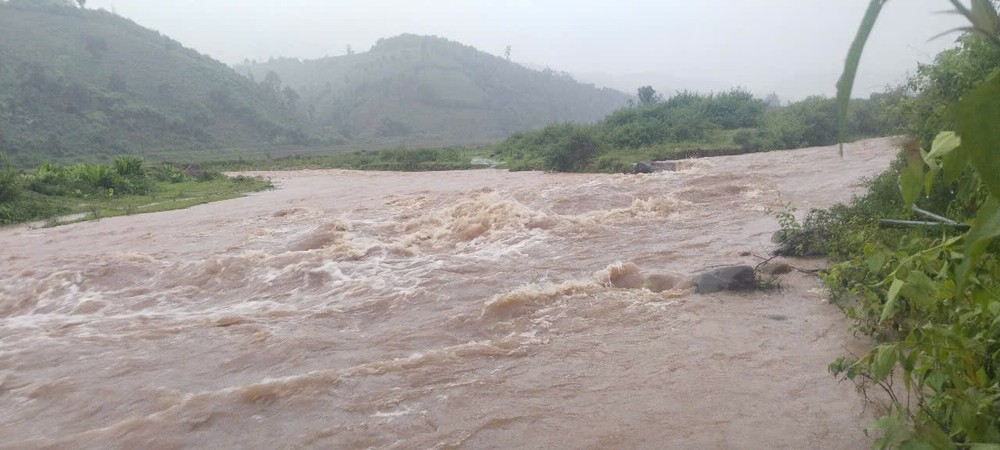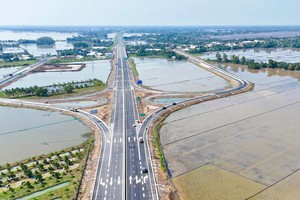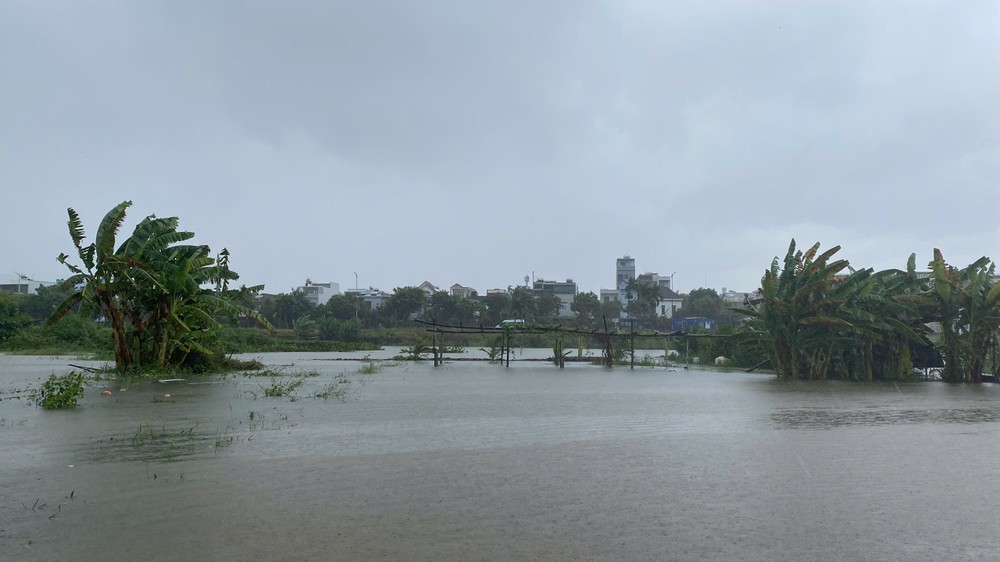
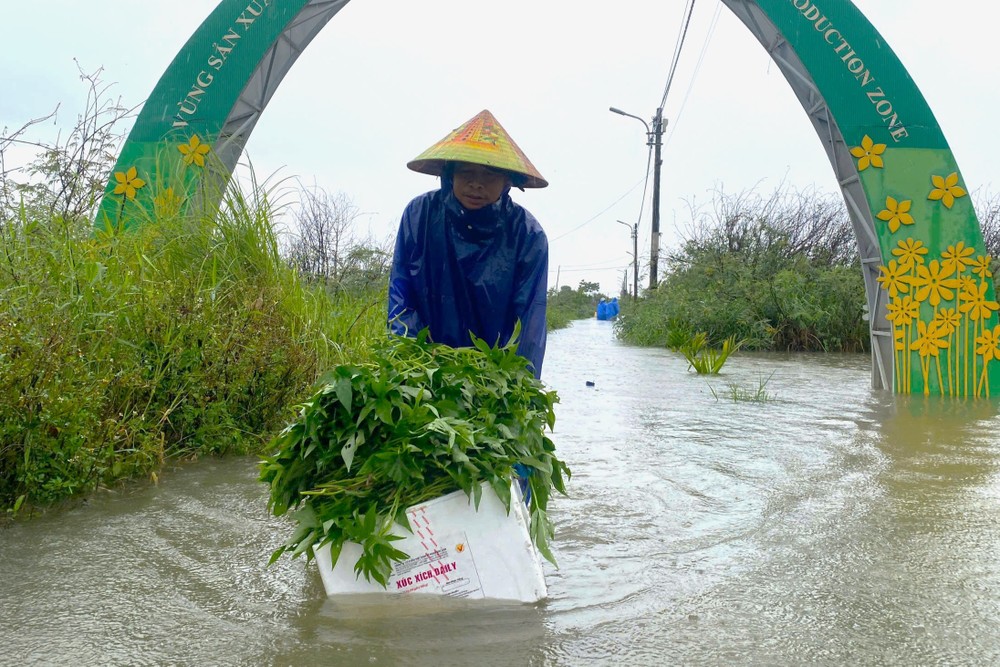
In Da Nang, the La Huong vegetable-growing area—covering more than 7 hectares and involving about 50 households—was hit hard after two days of non-stop downpours. Entire fields were submerged, particularly in low-lying sections, as rising river levels swamped the farmland. Many farmers scrambled to harvest whatever they could, wading through knee-deep water in a desperate effort to salvage partially submerged crops.
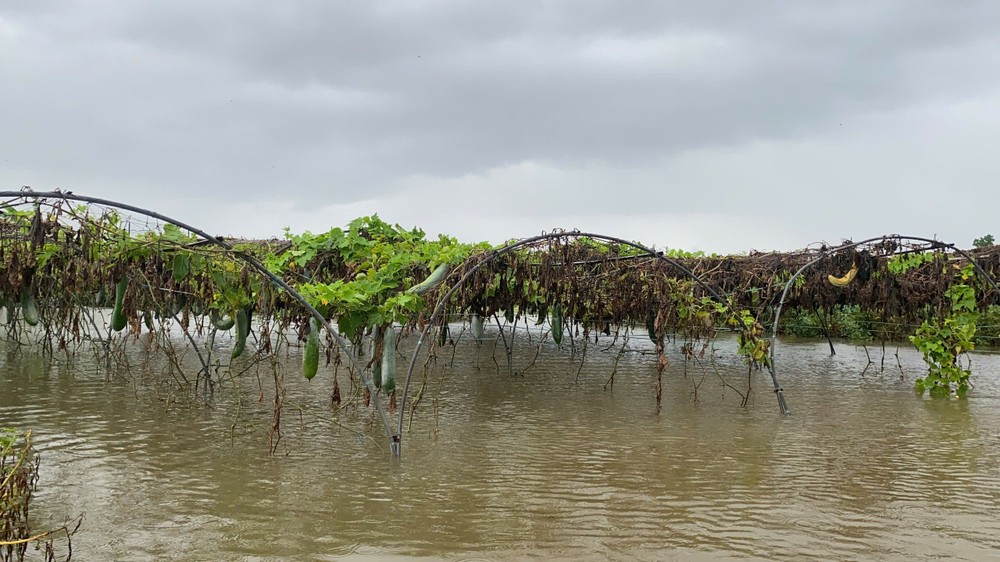
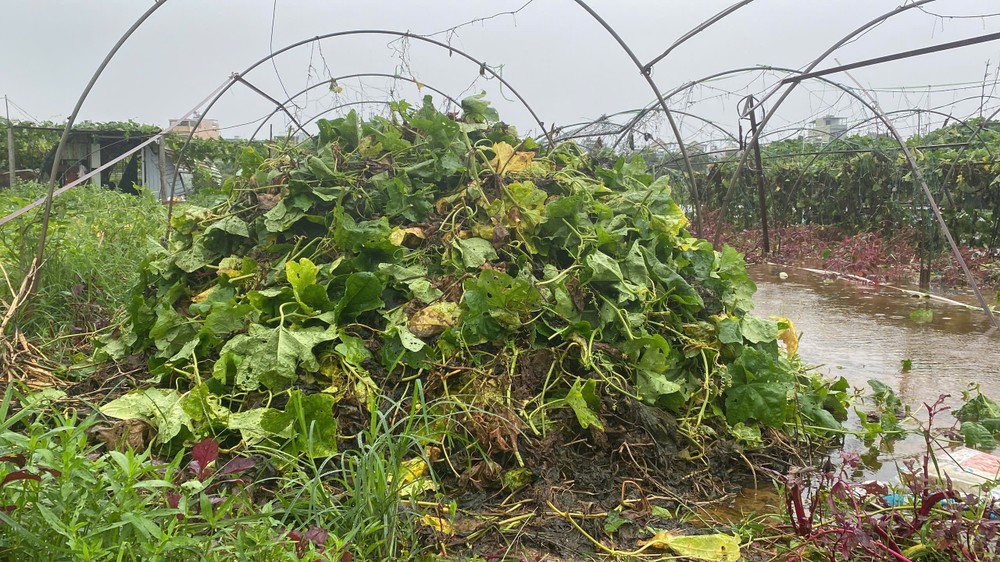
Residents worked under heavy rain to pull up water spinach, basil, and pennywort from the flooded plots. However, the rapid water rise left most with little to recover. “After months of hard work, the storm came right before harvest time. It’s devastating,” said Phan Thi Chinh, a farmer from Hoa Tho Tay Ward in Cam Le District. “All my sweet potato vines and water spinach are ruined.”
Mr. Truong Van Hoang, Director of the La Huong Safe Vegetable Cooperative, estimated that about 5 hectares of leafy greens and tomatoes have been destroyed. “The situation remains unpredictable as water levels continue to rise. Once the flooding subsides, we’ll assess the damage and coordinate support measures for affected farmers,” he said.
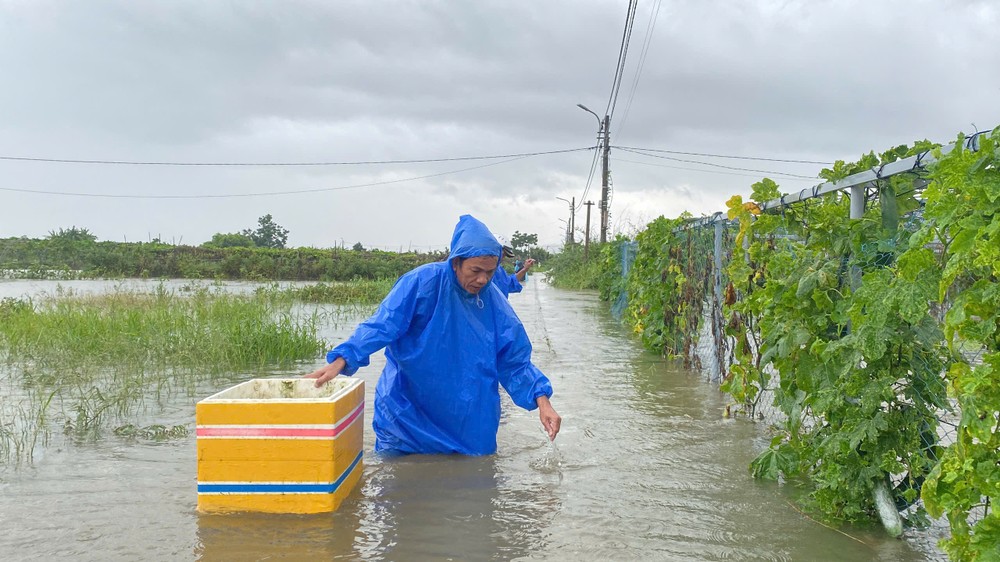
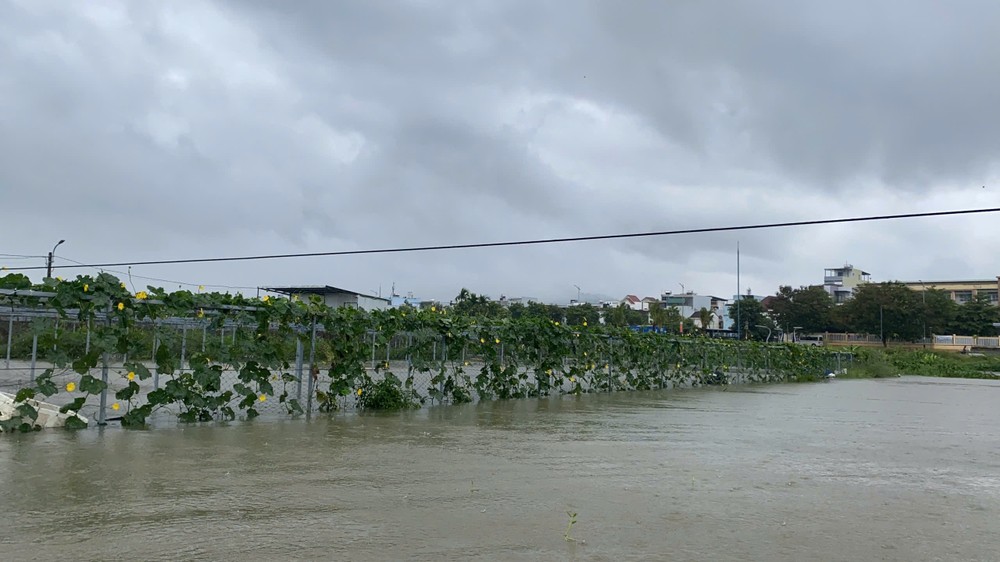
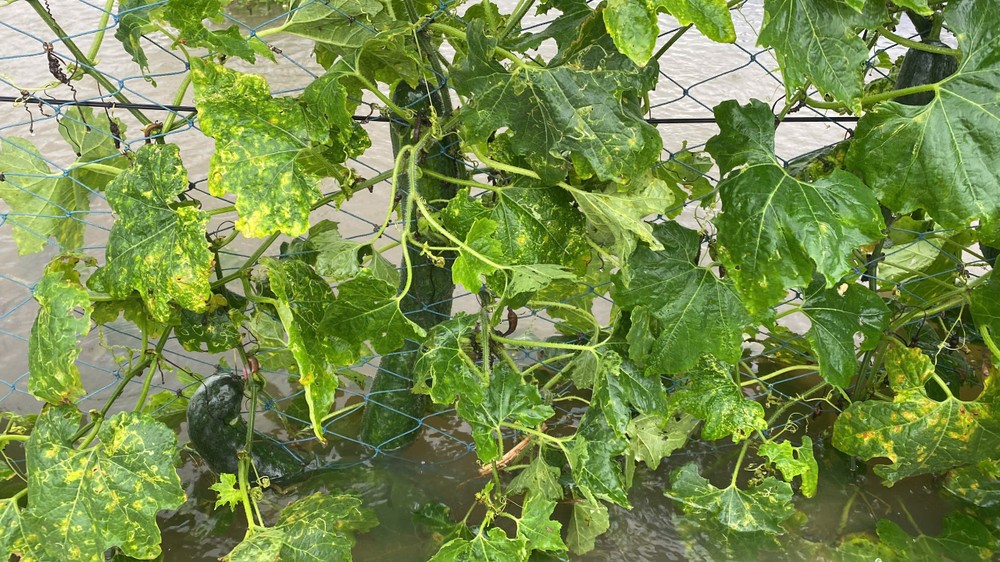
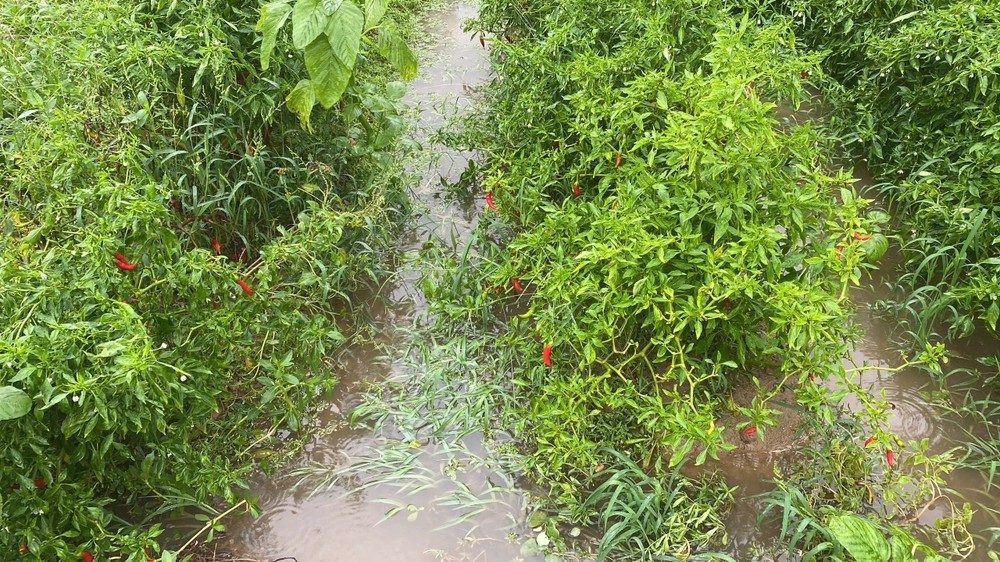
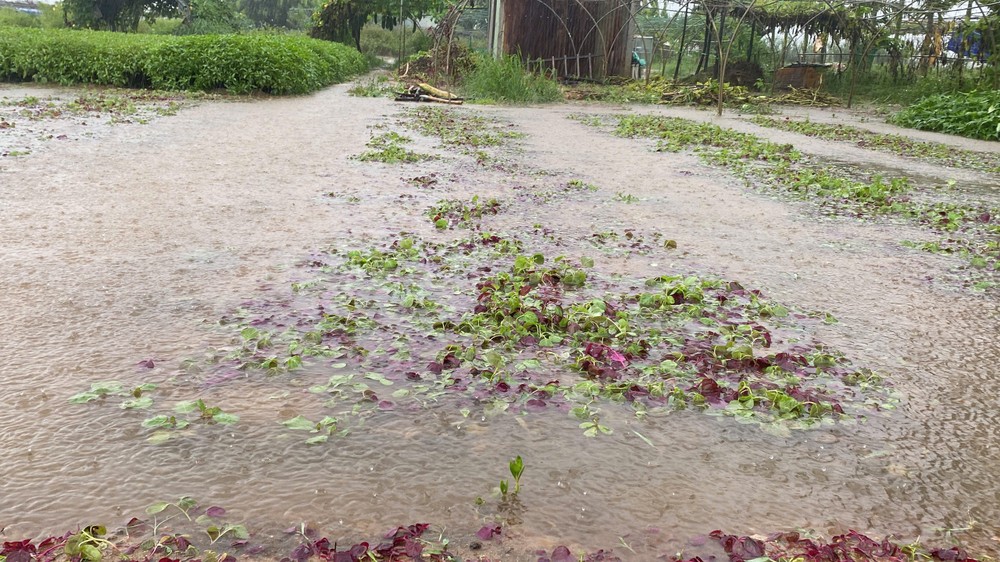
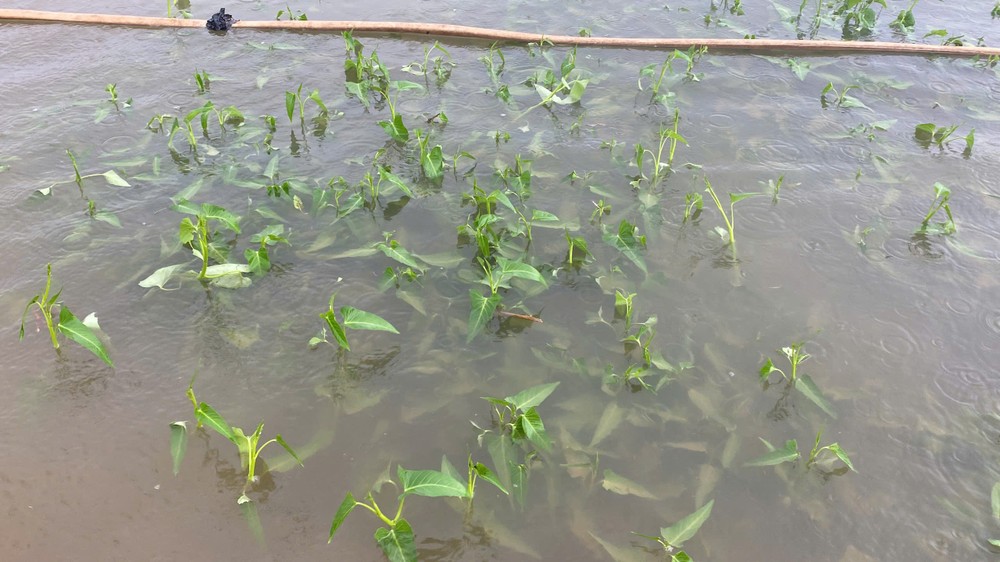
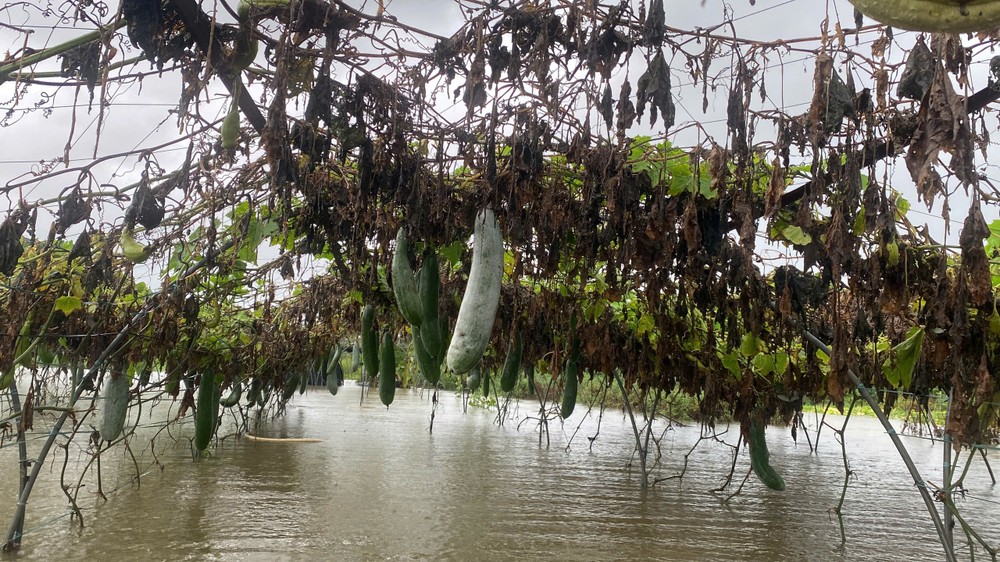
Elsewhere in Southern Vietnam, Bac Lieu also suffered weather-related damage on June 12. According to the provincial Civil Defense Steering Committee, heavy rain and strong winds damaged a shrimp hatchery and several homes in Nha Mat Ward. Five households in Hiep Thanh and Vinh Trach Dong communes also reported partial roof collapses. Initial estimates place the total damage at VND300 million. Fortunately, no casualties were reported. Local authorities promptly mobilized teams to assess the situation and assist affected families with recovery.

In Ca Mau Province, over 4,000 hectares of summer-autumn rice fields in Tran Van Thoi District were submerged. Local irrigation systems along the Tac Thu–Song Doc route and the Western Sea dike were activated, and residents were encouraged to pump water from the fields to prevent further crop loss.
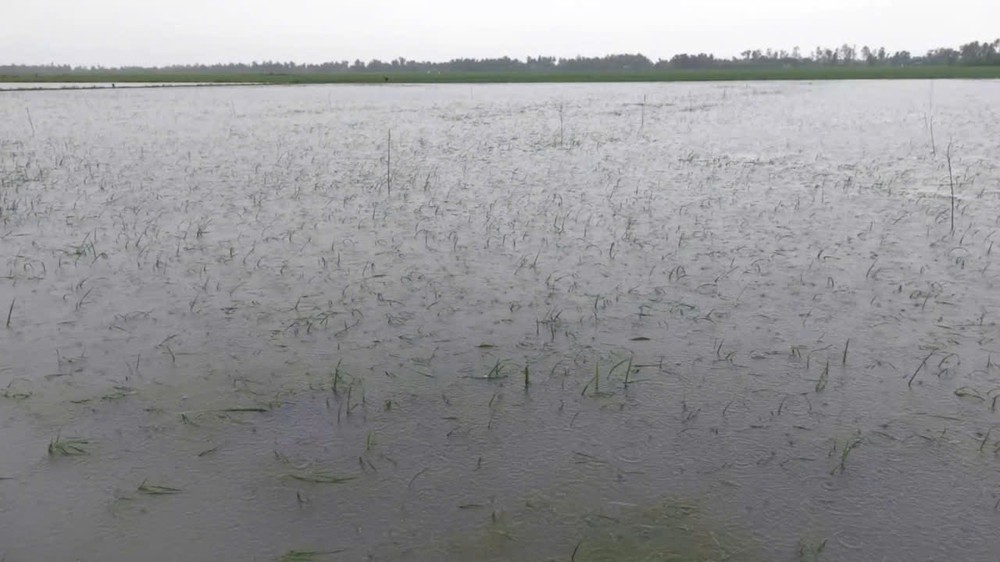
Landslides hit multiple roads in Kon Tum due to typhoon Wutip
In the Central Highlands, Kon Tum Province experienced widespread disruption to transportation infrastructure. The Department of Construction reported that on National Highway 40B in Tu Mo Rong District, landslides and fallen trees blocked the road at 11 different points. Seven provincial roads were also hit by flooding, erosion, and debris flows across 25 locations.
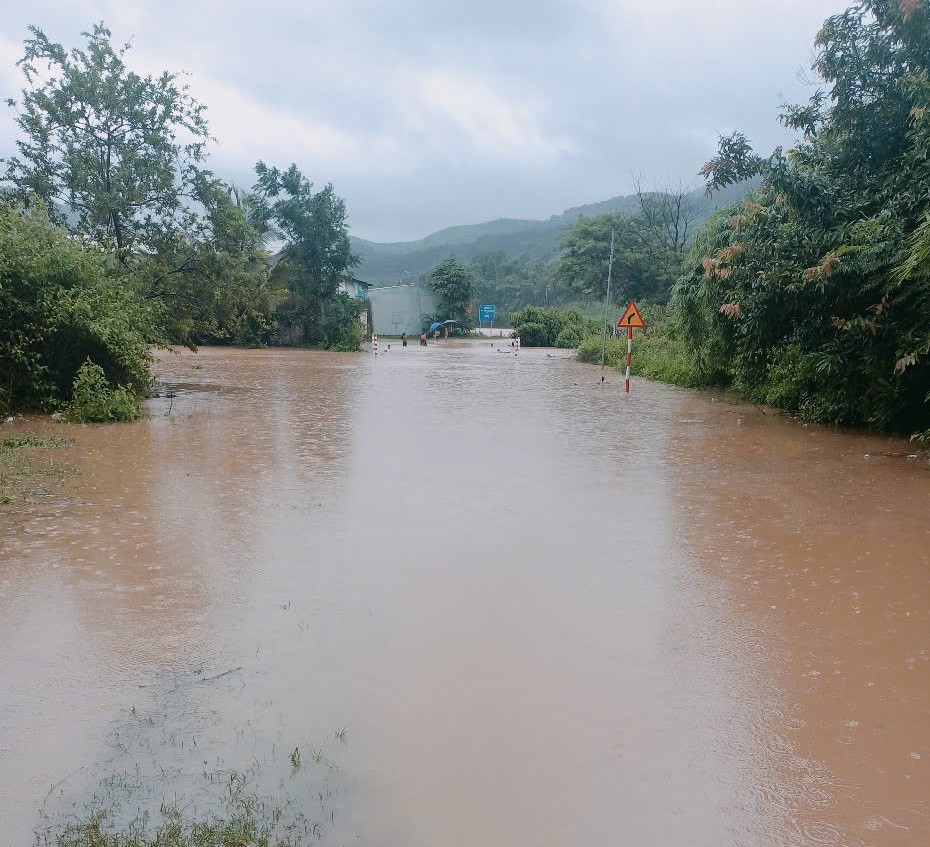
To keep traffic flowing and ensure public safety, local agencies deployed machinery and manpower to clear mud, remove debris from culverts, and stabilize vulnerable slopes. On Provincial Road 677, a stretch between Dak Pxi and Dak Long communes in Dak Ha District was entirely submerged, halting all vehicle movement. Dak Pxi’s local government issued route diversions to guide travelers through safer alternatives.
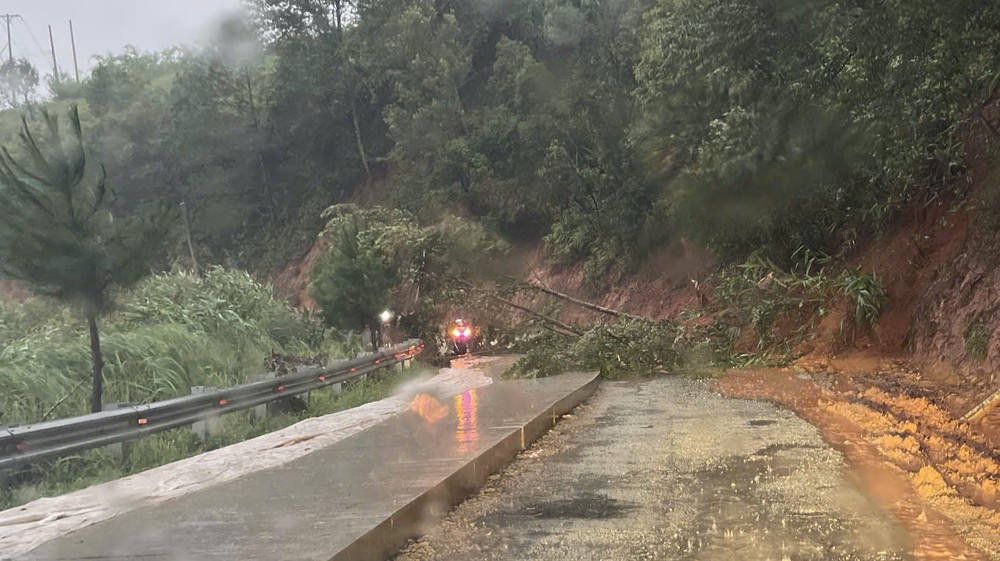
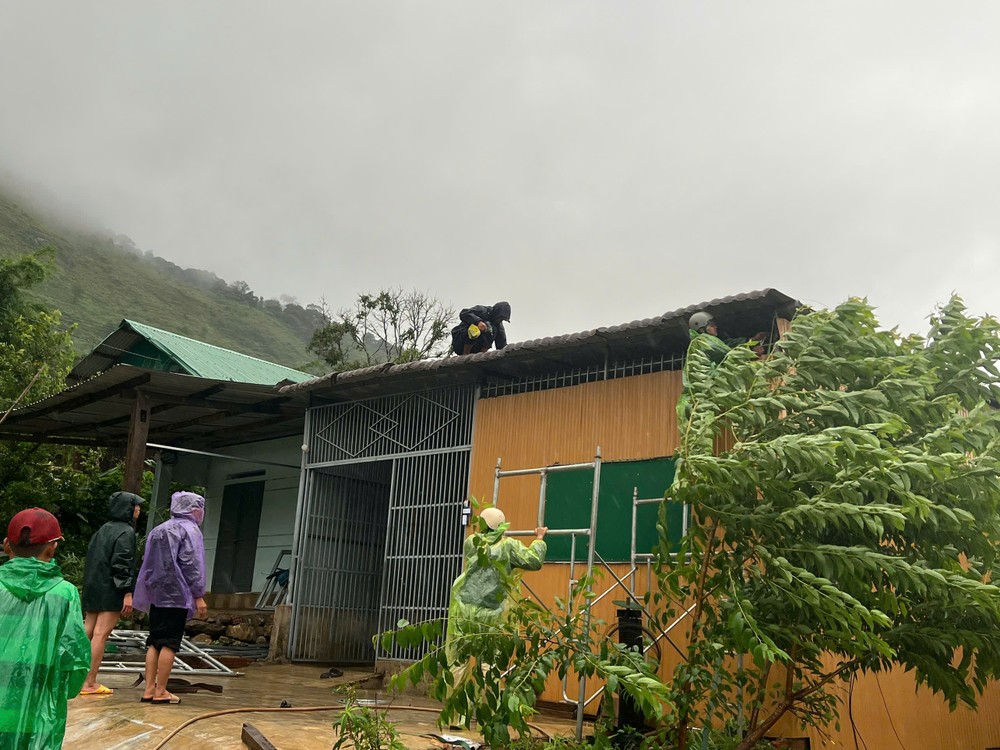
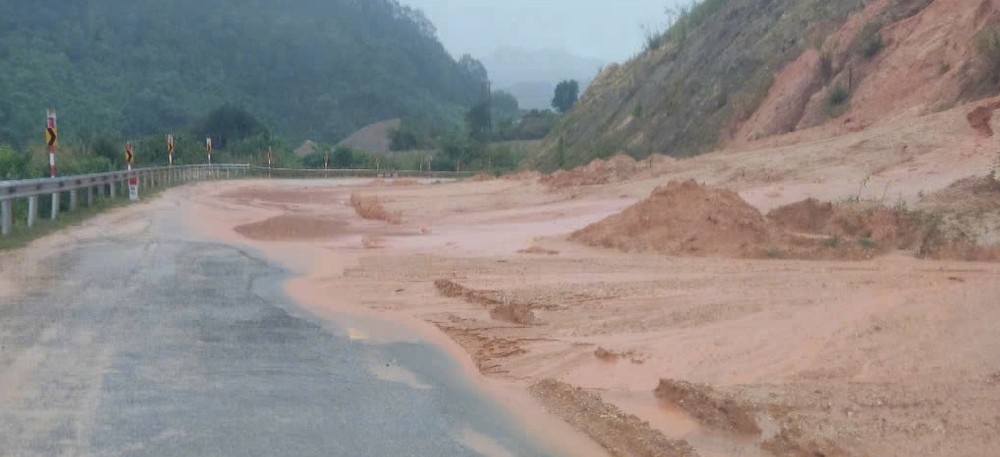
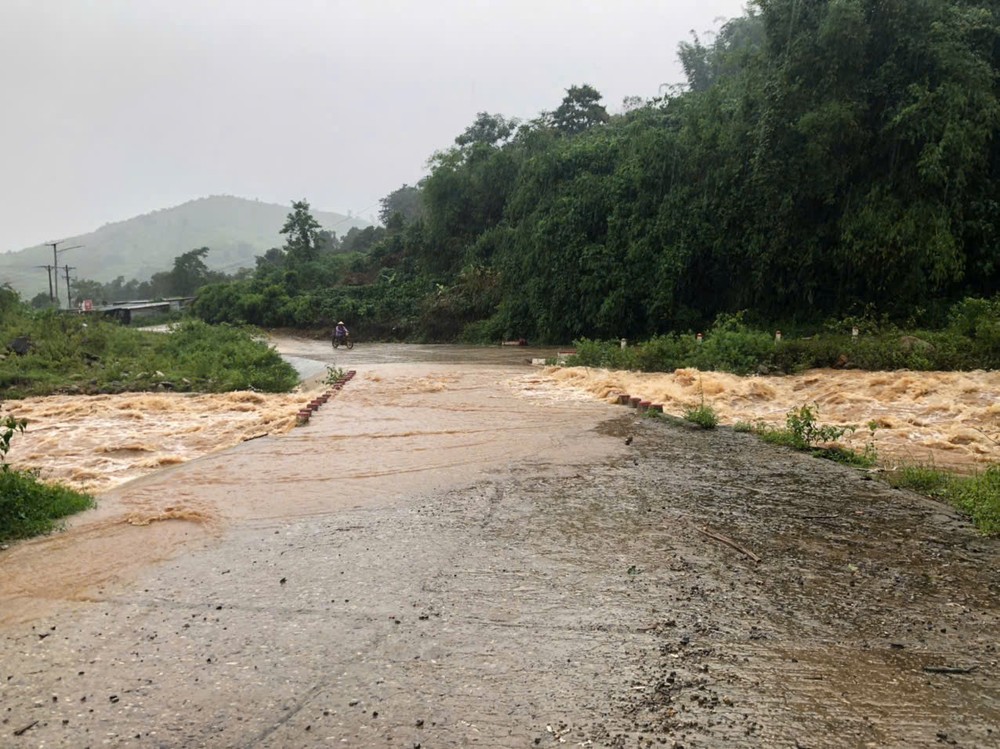
The storm also damaged homes in mountainous areas. In Tu Mo Rong and Kon Ray districts, strong winds tore roofs off two homes and caused structural collapse in parts of others, according to the latest damage reports from provincial authorities.
